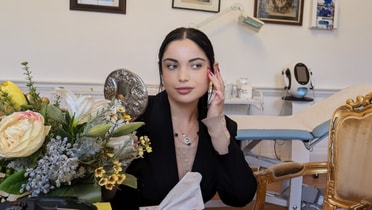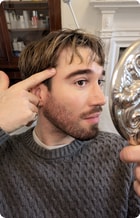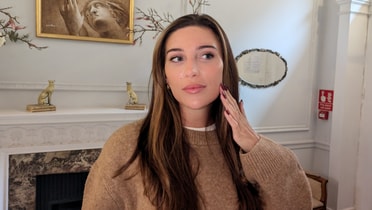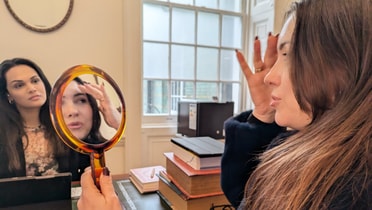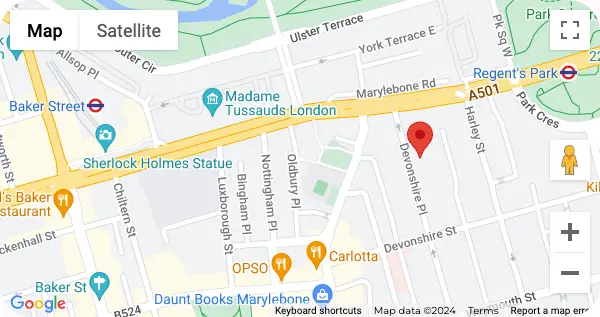Postpartum hair loss symptoms and causes
Doctor-led diagnosis and treatment for postpartum hair loss
★★★★★
20 Years of Safety: Trust in our 20 year track record and history of excellence
Award Winning Clinic: Over the last two decades we've received multiple awards






